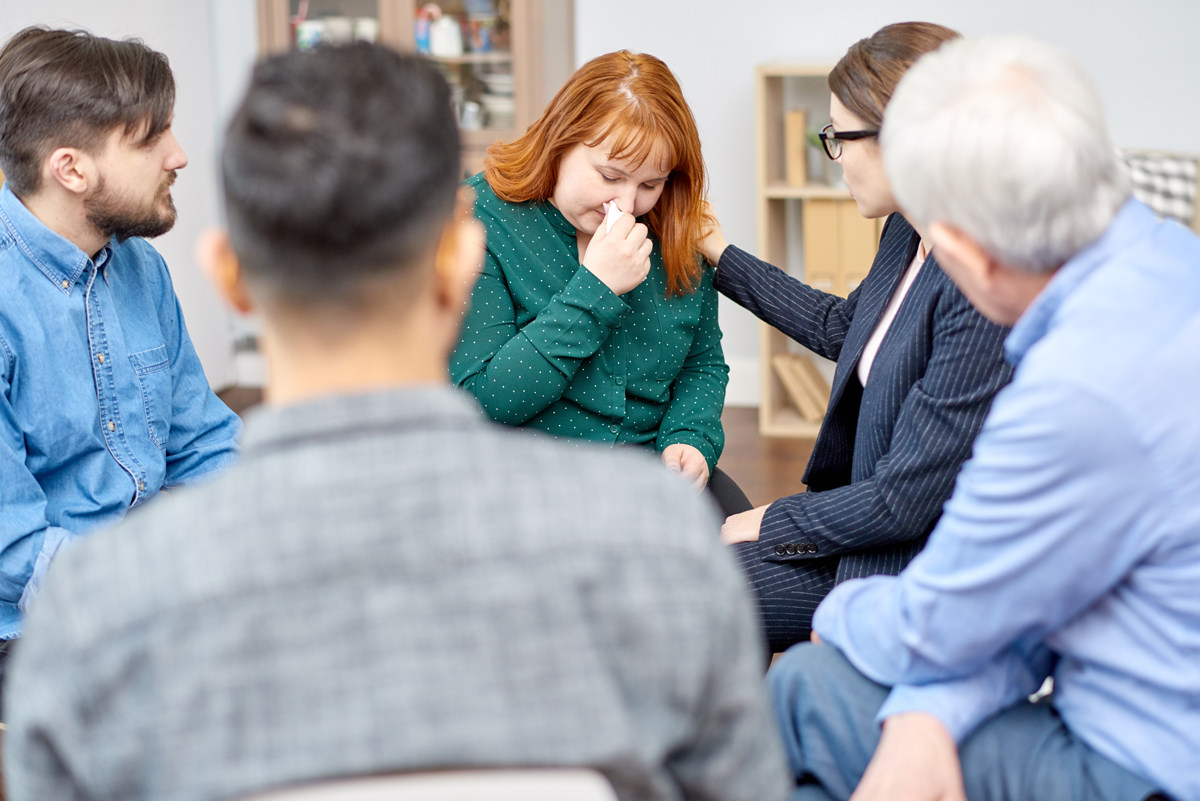Most of us have at least one aspect of our physical appearance we don't like. And with the constant barrage from media influences, we can grow increasingly uncomfortable about the way we look. Our body image can become stressful and disrupt our work, social lives, and health in some cases.
If you have a negative body image, you may:
- Compare yourself with others or feel inadequate in doing so
- Feel shame, or embarrassment
- Lack confidence
- Feel uncomfortable or awkward in your body
- See parts of your body in a distorted or unrealistic way.
Mental health issues can occur due to a negative body image, such as depression, anxiety, or eating disorders. One percent of the population experience BDD, or Body Dysmorphic Disorder, a mental health condition characterized by a continued obsession with a part or all of their body in a negative way. For example, they may ask for cosmetic surgery to correct their nose's size when it appears normal to everyone else. BDD can become severely distressful and interfere with daily functioning.
6 tips for improving body image
Although one list can’t tell you how to turn negative thoughts about your appearance into positive ones, it can introduce healthier ways of thinking about yourself and your body.
- Appreciate all that your body can do. Your body works hard for you every day. Recognize all of the fantastic things it does-like walking, breathing, laughing, etc.; Your body has brought you to this moment and helped you survive every event in your life. Cherish it for all that it's done and continues to do.
- Notice your inner critic. Having a negative body image is like having a critic in your head. The critic is a harsh, derogatory narrative that makes nasty comments about recognizing the thoughts you have about yourself and challenging them. Counteract those thoughts with your natural strengths, even if they're not necessarily physical. Write a list of the things you love about yourself or write a love letter. Or, practice writing something positive about yourself and your body each morning. Keeping an ongoing list will promote a new, healthy mindset on how you see and feel about yourself. Share it with others, and keep it handy for "off" days.
- Stop comparing. It's natural to compare yourself to others. And for some, it's become a habit that happens hundreds of times a day. It's hard to stop comparing. Try to recognize when you compare yourself to others. Note the situations it occurs most frequently in, who you compare yourself to, and your reactions. How does it impact you? is there anything you can say that would be more helpful or realistic?
- Practice self-acceptance. This is one of the essential keys to overcoming a negative body image. Cognitive techniques, such as developing alternative thoughts or positive mantras, effectively help identify and change critical thinking. Although it takes some time to adopt this type of thinking, it's worth every second.
- Detox from social media. It takes time to unlearn or change what social media has taught us to believe. While social media can be helpful for many reasons, it can also lead you down a rabbit hole of self-hatred. Learn to recognize the harmful messages you see and make a conscious effort to separate yourself from them. If you don't want to go cold turkey, try setting limits on how much time you spend on social media. The "break" could give you the space and mental clarity you need to reset your body image.
- Surround yourself with loving, positive people. If you find that specific environments or people trigger your inner critic, take note and act accordingly. Surround yourself with those who are positive and supportive.
- How do you see yourself? If a negative body image affects your well-being or experiencing symptoms of an eating disorder, anxiety, or depression, reach out to your health care provider for help. You could also speak with your doctor about medications for anxiety or depression. There's always help available for you to create a healthier, more positive self-image.

